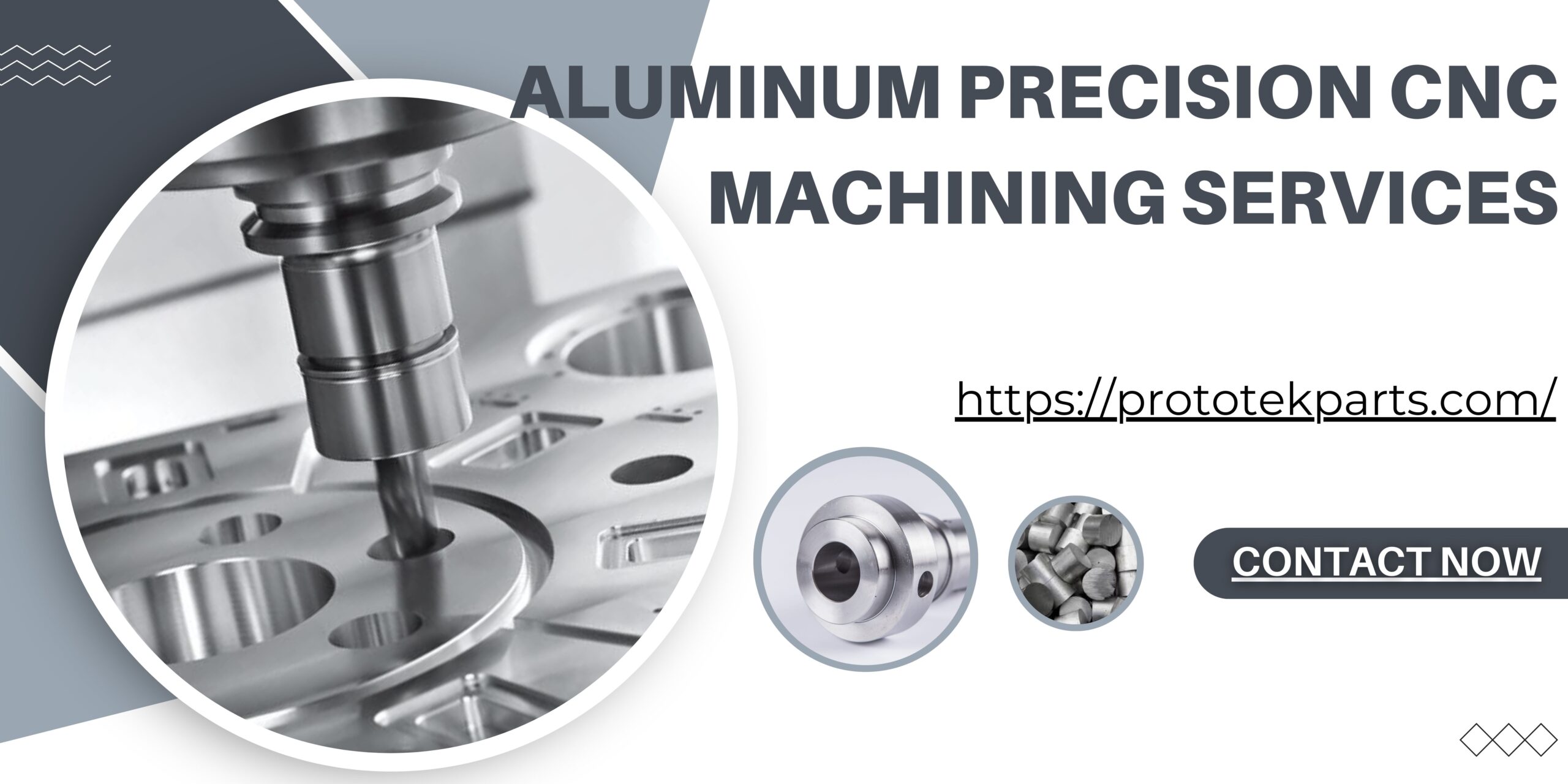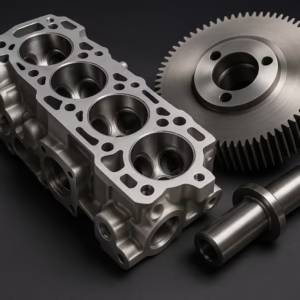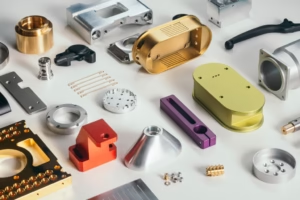Aluminum Precision CNC Machining Services
Aluminum precision CNC machining is an essential service in the manufacturing industry, providing companies with the ability to create highly accurate and complex components from aluminum. This process leverages advanced technology to produce parts that meet exact specifications, making it a preferred choice for various applications across multiple industries. In this article, we will explore the benefits, processes, applications, and considerations related to aluminum precision CNC machining services.
Understanding CNC Machining
CNC machining is the manufacturing process of subtractive, where computers are controlled to carry out operations like milling, turning drill, and grinding to produce components using the raw materials. It is important to note that the word “CNC” stands for “Computer Numerical Control,” which means that the machines work according to pre-programmed instructions that ensure accuracy and reliability.
Aluminum is one of the most commonly machined materials due to its lightweight, strength, and resistance to corrosion. Its excellent machinability makes it an ideal candidate for precision CNC machining, allowing manufacturers to produce intricate parts with tight tolerances.
Advantages of Aluminum in CNC Machining
Lightweight and Strong: Aluminum’s high strength-to-weight ratio makes it an ideal choice for applications where weight reduction is crucial, such as in the aerospace and automotive industries.
Korrosionsbeständigkeit: Aluminum naturally forms a protective oxide layer, providing excellent resistance to corrosion, and making it suitable for outdoor and harsh environments.
Excellent Thermal and Electrical Conductivity: These properties make aluminum a popular choice for components in electronics and heat exchange systems.
Versatile Applications: Aluminum can be easily alloyed with other elements, enhancing its properties and broadening its range of applications.
Cost-Effectiveness: While aluminum can be more expensive than some other materials, its durability and low maintenance costs often lead to lower overall production costs.
The CNC Machining Process for Aluminum
The aluminum CNC machining process involves several key steps:
Design and CAD Modeling: The first step is to create a detailed design of the component using Computer-Aided Design (CAD) software. This design serves as the blueprint for the CNC machining process.
Programming the CNC Machine: Once the design is finalized, it is converted into a format that the CNC machine can understand, usually G-code. This code includes all the instructions necessary for the machine to create the part.
Material Selection: Selecting the appropriate aluminum alloy is crucial. Different alloys possess different mechanical properties, so choosing one that aligns with the project’s requirements is essential.
Machining Operations: The CNC machine executes the programmed instructions, performing various operations such as milling, turning, drilling, and tapping. Advanced CNC machines can handle multiple operations in a single setup, enhancing efficiency.
Quality Control: Throughout the machining process, quality control measures are implemented to ensure that the components meet specified tolerances and surface finish requirements. Techniques like Coordinate Measuring Machines (CMM) may be used for precise measurements.
Finishing: After machining, components may undergo finishing processes, such as anodizing, polishing, or coating, to enhance their appearance and properties.
Applications of Aluminum Precision CNC Machining
Aluminum precision CNC machining is utilized across a wide range of industries. Some notable applications include:
Aerospace: Aluminum parts are widely used in aircraft due to their lightweight nature and strength. Components such as brackets, housings, and structural elements are often produced using CNC machining.
Automotive: The automotive industry relies on aluminum for engine parts, transmission housings, and chassis components, contributing to overall vehicle weight reduction and fuel efficiency.
Electronics: Aluminum is used in the manufacturing of enclosures, heat sinks, and other electronic components due to its excellent thermal conductivity and aesthetic appeal.
Medical Devices: In the medical field, precision-engineered aluminum parts are critical for instruments, implants, and devices that require high reliability and biocompatibility.
Consumer Products: Many consumer products, such as appliances and sporting goods, benefit from aluminum components that combine functionality with an appealing finish.
Factors to Consider When Choosing a CNC Machining Service
When selecting a CNC machining service for aluminum parts, several factors should be taken into account:
Experience and Expertise: Choose a supplier with extensive experience in aluminum machining. Their knowledge of materials, tooling, and machining techniques is crucial for achieving high-quality results.
Capabilities and Equipment: Ensure that the machining service has state-of-the-art CNC machines capable of handling the complexity and volume of your projects.
Quality Assurance: Inquire about the supplier’s quality control processes. A reliable service should have stringent quality checks in place to guarantee precision and consistency.
Lead Times: Discuss lead times upfront to ensure that the supplier can meet your project deadlines. Timely delivery is essential in maintaining production schedules.
Customer Support: Good communication is vital throughout the project. Choose a supplier that offers responsive customer support to address any concerns or questions.
Cost-Effectiveness: While price should not be the only consideration, it is important to evaluate the overall value offered by the supplier, including quality, service, and delivery times.
The Future of Aluminum Precision CNC Machining
The future of aluminum precision CNC machining appears optimistic, driven by technological innovations and increased demand across various sectors. CNC technologies like automation and artificial intelligence are improving machining efficiency and precision while an increased focus on lightweight materials in industries like aerospace and automotive is likely to further bolster demand for aluminum machining services.
Sustainability is becoming an increasingly important consideration in manufacturing. Aluminum can be recycled, while using advanced CNC machining techniques can minimize waste and energy usage – aligning perfectly with environmentally friendly practices.
Aluminum precision CNC machining services play an invaluable role in modern manufacturing, offering unparalleled precision and versatility. By understanding its benefits, processes, and applications businesses can make informed decisions about their manufacturing needs. As technology evolves aluminum machining will continue to expand in scope allowing greater opportunities for innovation and efficiency across various industries.
Whether you are in aerospace, automotive, electronics, or any other field, partnering with a reliable CNC machining service can help you achieve your production goals while ensuring the highest quality standards.
If you have any needs for the aluminum precision custom part, contact Prototek by Lynnyao@prototekparts.com or phone: +86-0792-86372550. You will feel deserved and satisfied by our professional design and production method.
Tags:
- Aluminum CNC Machining Services

























































